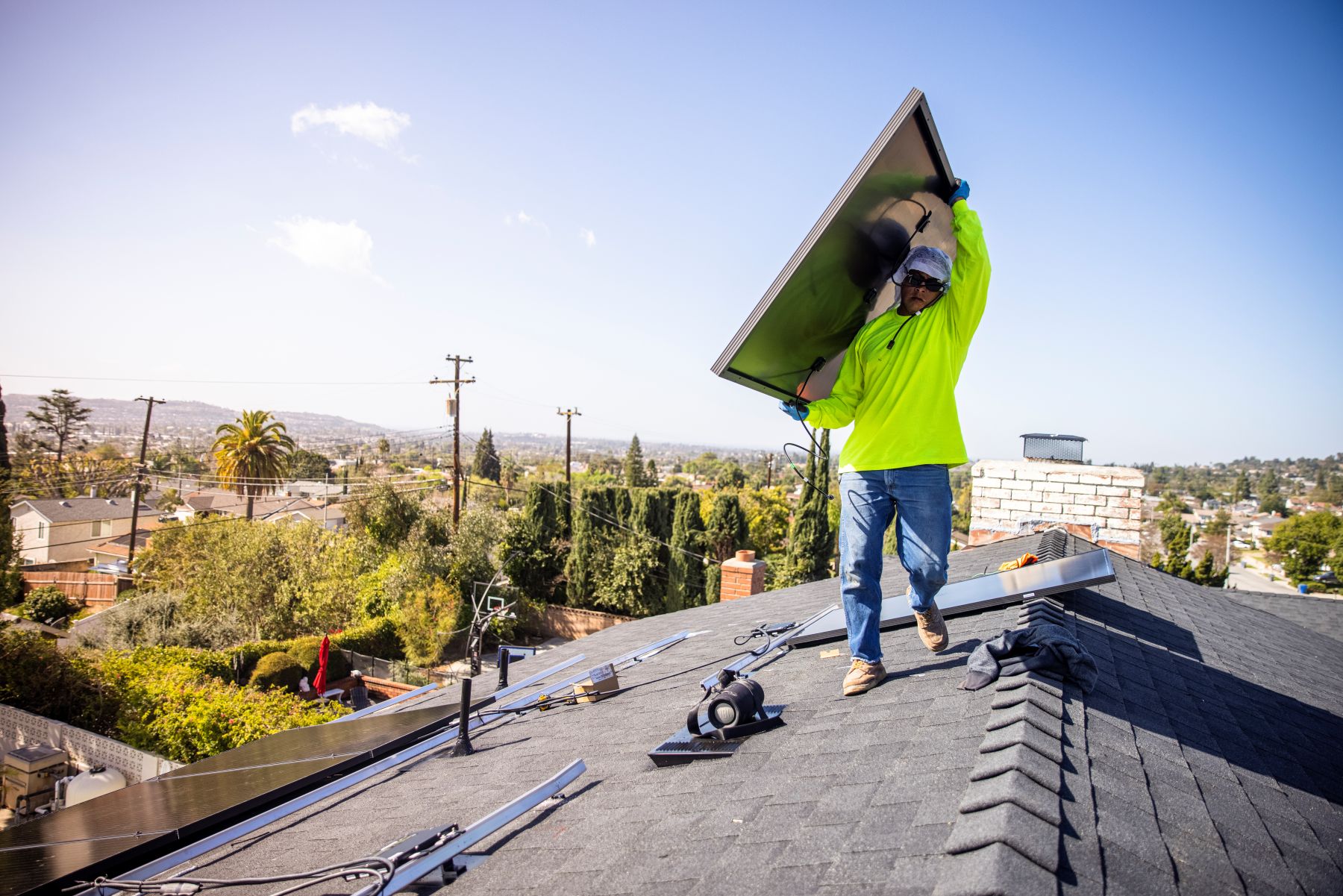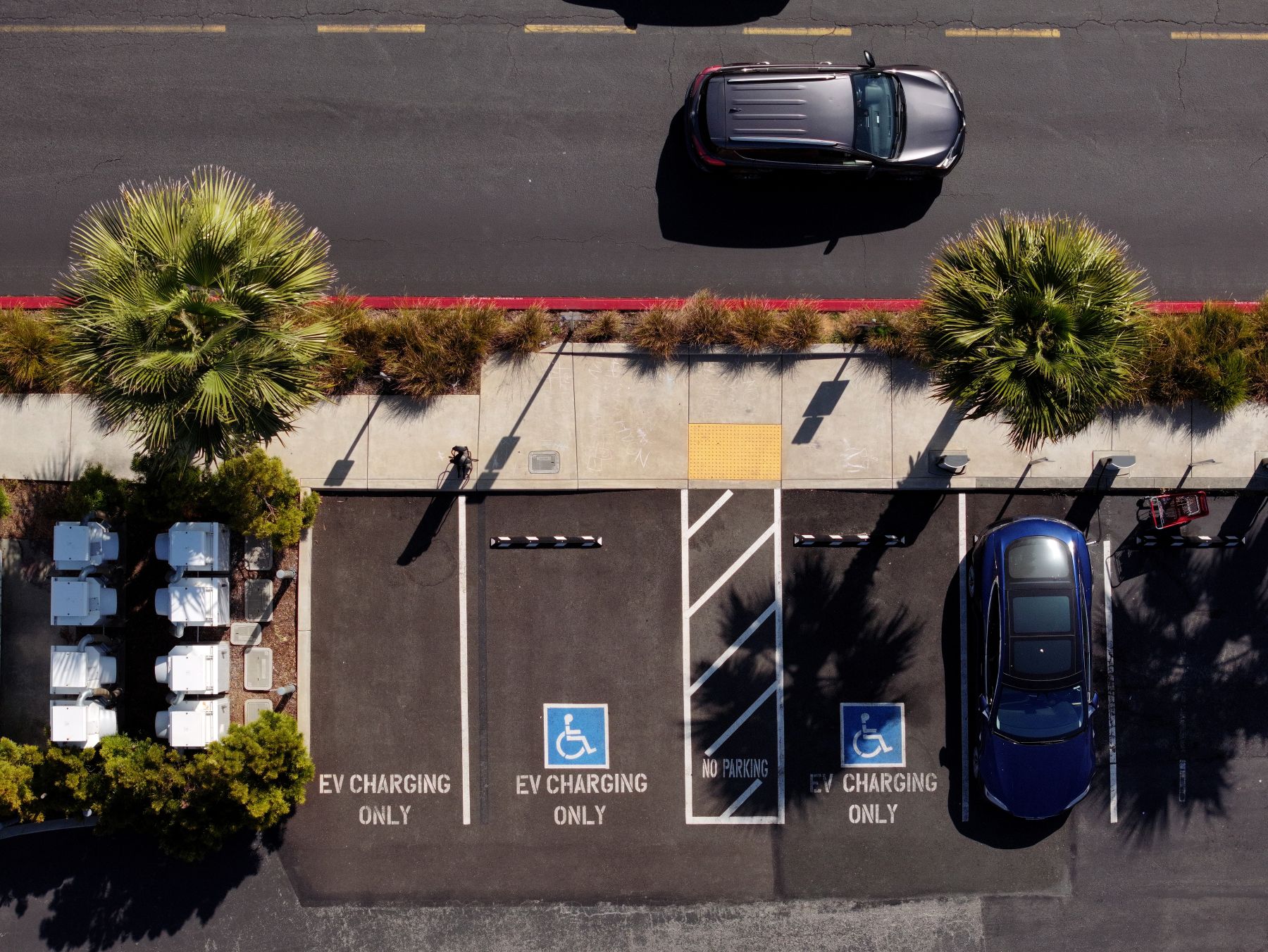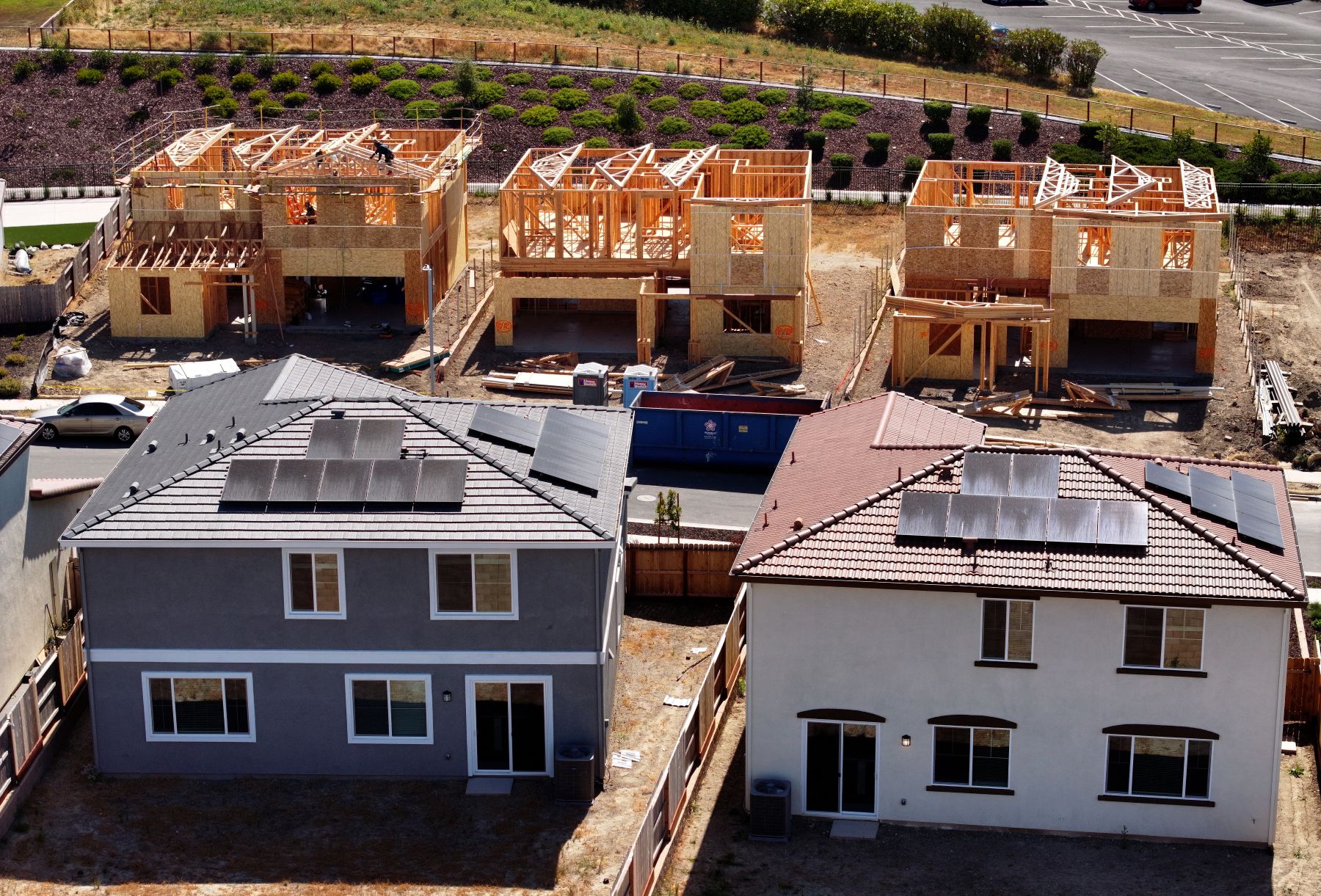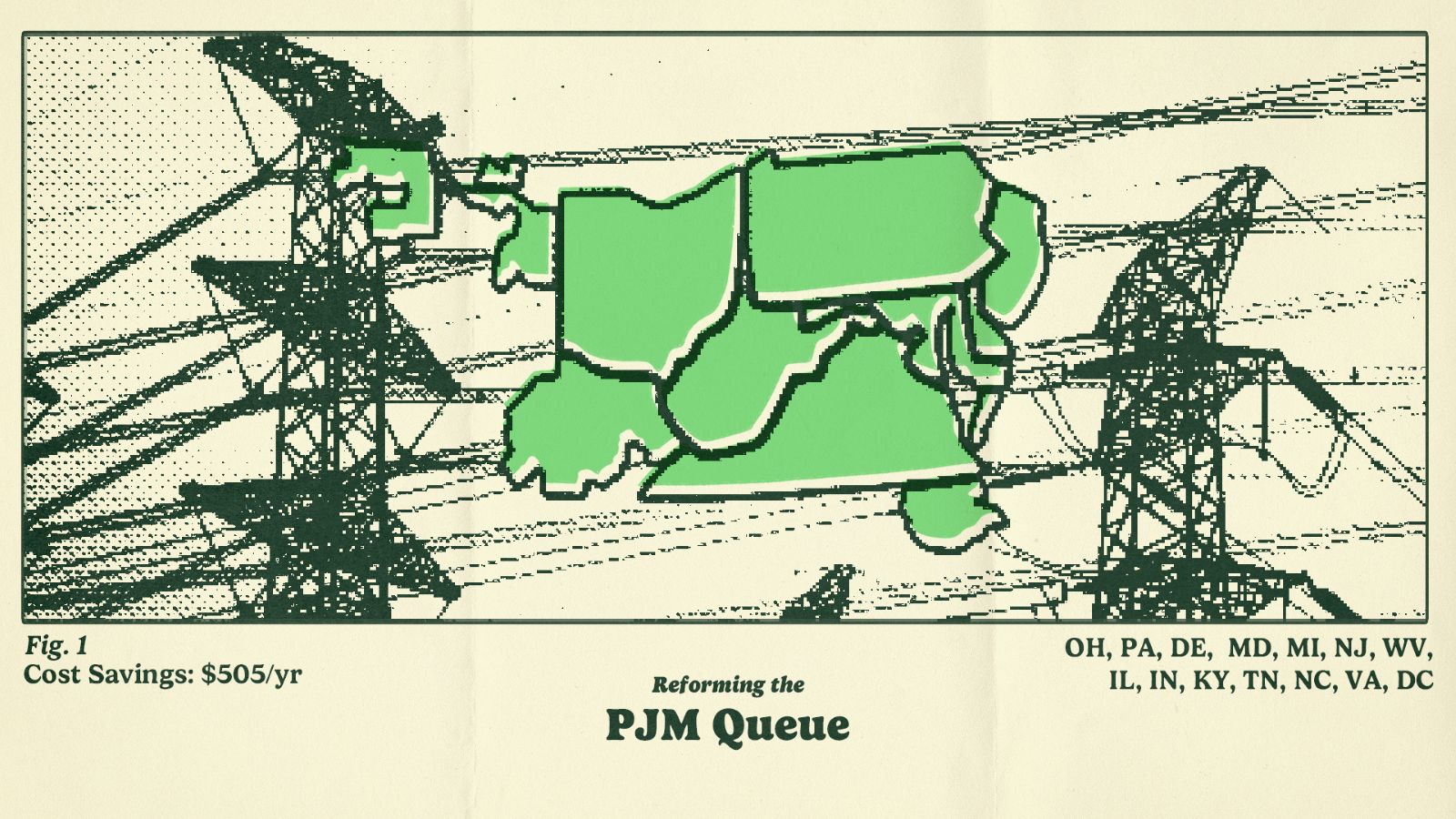This memo is a joint analysis from Evergreen Collaborative and Climate XChange.
With the enactment of the reconciliation legislation in early July, U.S. energy and climate policy has taken one of the sharpest regressive turns in history, sending shock waves through the clean energy market and threatening to raise energy costs and weaken the job market.
As states weigh the impact of recent policy reversals, the focus shifts to a critical question: How can proactive state policies benefit specific economic sectors, industries, and communities and mitigate some of the harm from the so-called “One Big Beautiful Bill”? No state actions can completely make up for the consequences of this legislation, but states have a critical role in shaping the path forward, scaling what progress we can, and setting the roadmap for forward-looking climate policy.
Impact of the Budget Reconciliation Law on Climate and Recommendations for States
Phasing Out Technology Neutral Tax Credits (PTC and ITC)
The Production Tax Credit (PTC) and Investment Tax Credit (ITC) for wind and solar technologies will be phased out for wind and solar projects that do not commence construction by July 4, 2026, unless projects that start later are able to be placed into service by the end of 2027. Foreign Entity of Concern conditions go into effect over incentives for all projects commencing construction after December 31, 2025.






